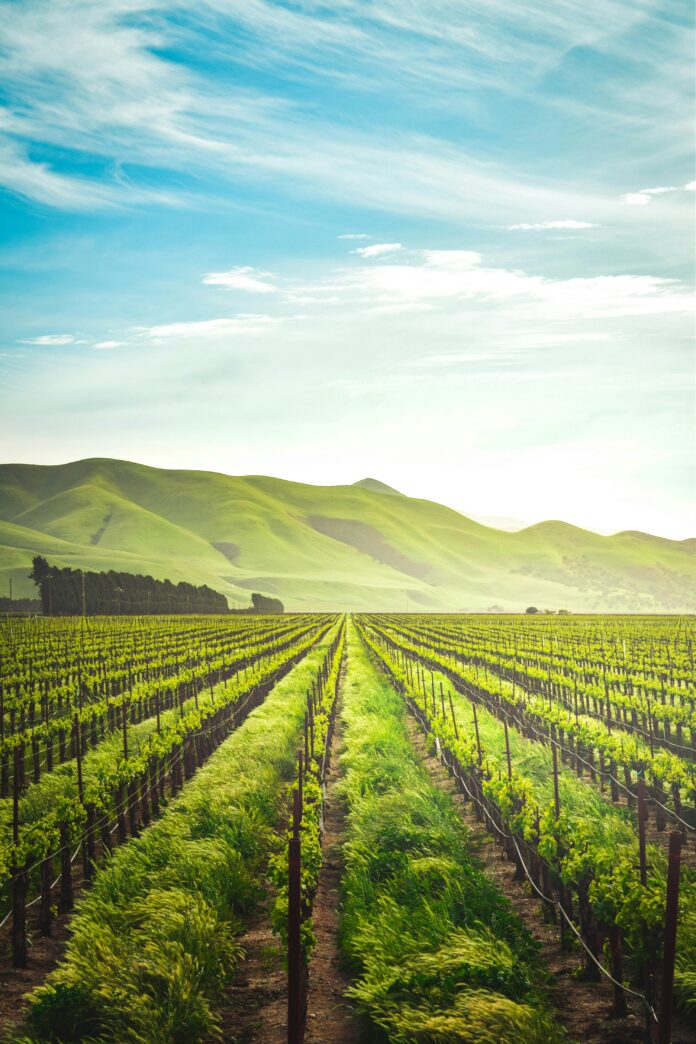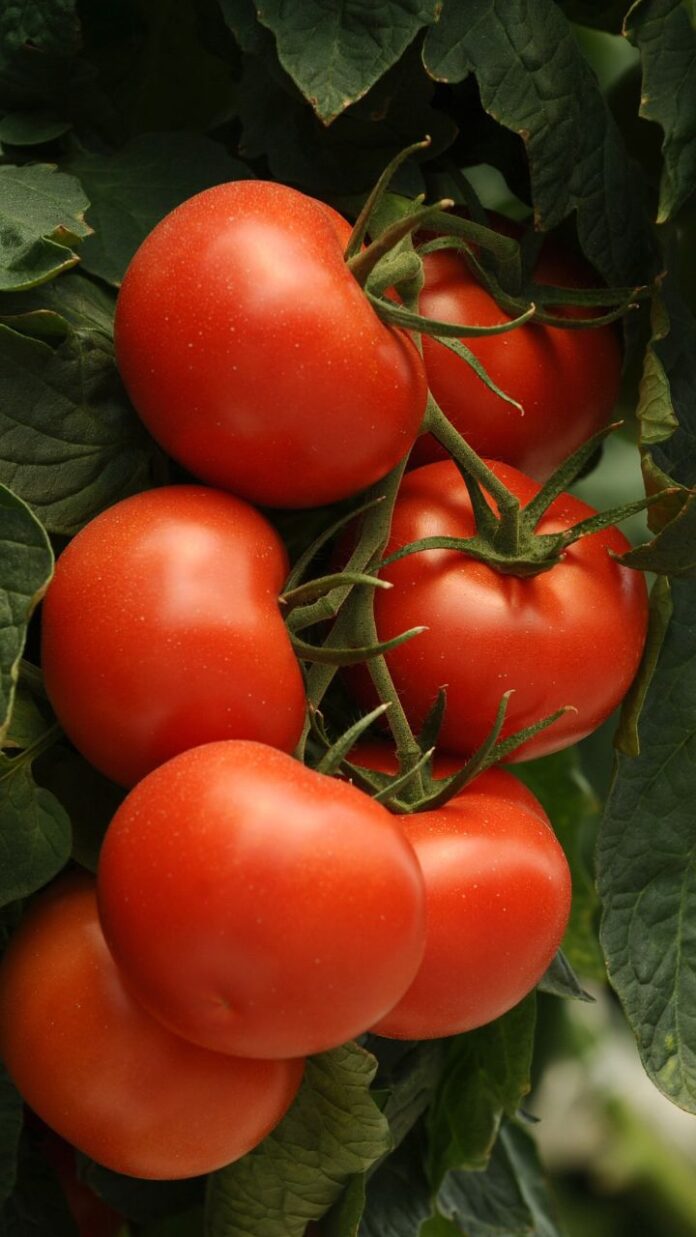KRG poultry production now exceeds local demand, and the government plans to begin exports to other Iraqi provinces. For the past five years, the Kurdistan Regional Government has not allowed any egg imports.
On July 26, 2025, Minister of Agriculture and Water Resources Bigard Talabani announced the progress. She said poultry farms in the region have reached a production level far beyond local needs. As a result, the ministry is preparing to send products to markets in southern Iraq.
Egg imports stopped in 2020. Since then, domestic poultry production has rapidly increased. However, despite this growth, Talabani warned that blocked export routes have caused financial difficulties for farmers. She urged the Iraqi government to reopen access to interprovincial trade.
At the same time, the minister dismissed concerns about disease. Local health teams conduct routine inspections in all governorates. They monitor food, dairy, and poultry farms to ensure safety and hygiene.
Furthermore, new statistics show the region produces 250,000 tons of chicken meat each year. Local consumption reaches only 146,000 tons. Therefore, the surplus provides a strong opportunity for export.
Economist Nazim Abdullah believes the current price of poultry remains high, yet many farm owners are losing money. He explained that restarting exports could stabilize the market. Additionally, it would improve revenue for both the government and producers.
Across the Kurdistan Region, there are 1,840 poultry farms:
As KRG poultry production continues to expand, the government sees it as a key sector in Iraq’s agricultural future. With proper planning and market access, KRG poultry production will help drive economic growth across the region.
- Erbil: 576 farms
- Sulaimani: 727 farms
- Duhok: 344 farms
- Halabja: 35 farms
According to the ministry, all products meet food safety standards. Inspection teams visit farms regularly to uphold quality and prevent disease.


